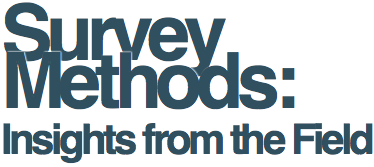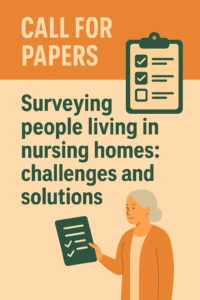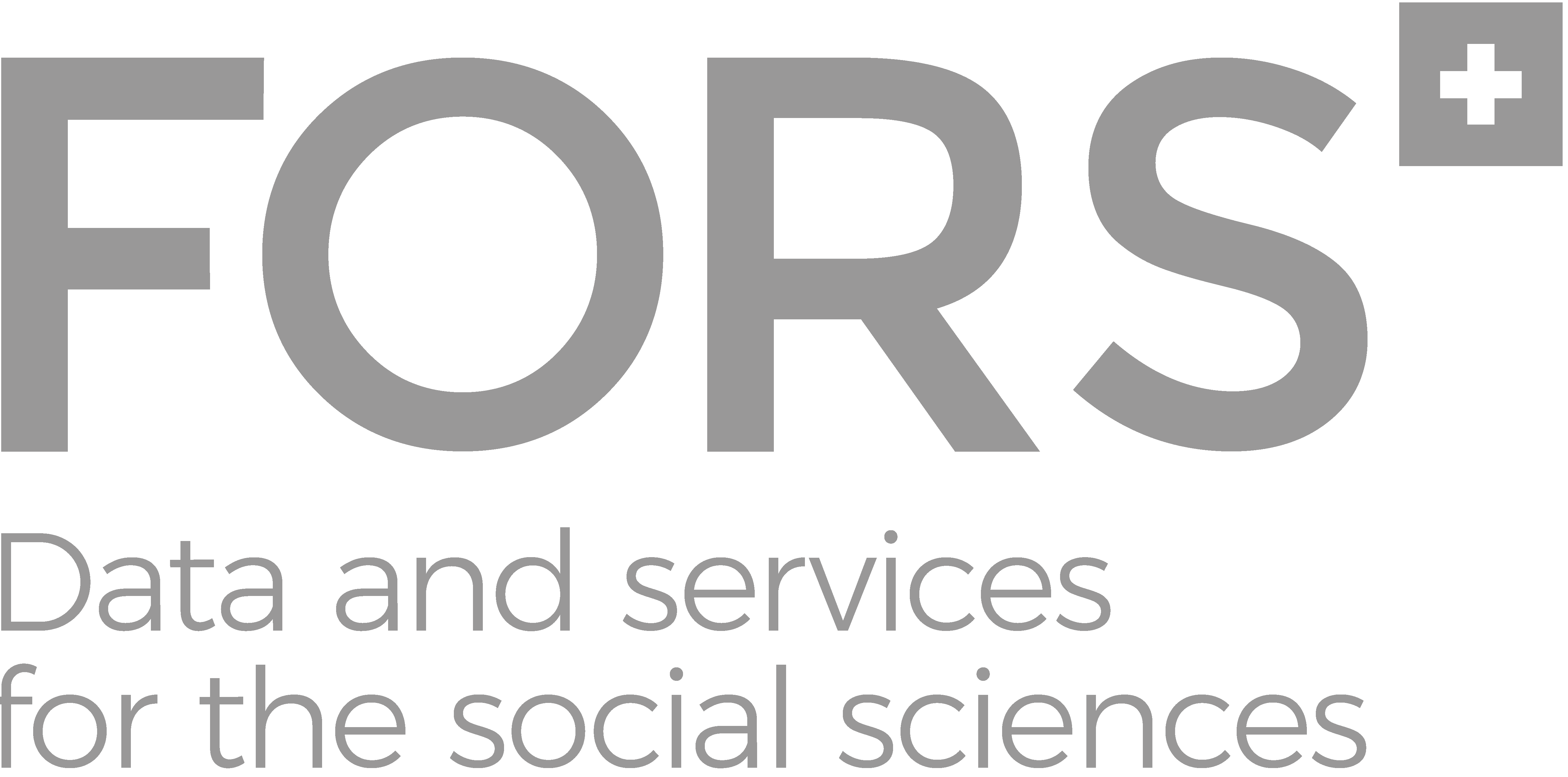Volume 3, issue 3 (2025): Special issue "Advancing Comparative Research: Exploring Error and Quality Indicators in Social Research"
Comparative survey data are essential for social science research across countries, groups, and time. However, valid comparisons rely on assumptions about construct, measurement, and representation equivalence. Despite a long-standing recognition of these challenges in cross-cultural and longitudinal survey research, ongoing debates highlight the lack of an integrative quality concept that systematically addresses comparability. This special issue brings together contributions that focus on measurement-related threats to comparability arising from differing contexts, modes, and languages. Collectively, the articles advance the discussion of a nuanced quality framework that conceptualizes and evaluates comparability as a distinct class of errors affecting cross-group inference. By offering methodological insights and empirical applications, the special issue aims to strengthen the basis for more credible and transparent conclusions in survey-based comparative research.
Editorial – Advancing Comparative Research: Toward a Methodological Framework for Valid Comparative InferenceSpecial issue
The MAUP Effect: Spatial Scale and the Reliability of Segregation IndicesSpecial issue
This research note examines the implications of the modifiable areal unit problem (MAUP) for the measurement of ethnic segregation in Hamburg, Germany, utilizing 2011 census data and a simulation-based approach that incorporates 10 distinct spatial operationalizations. The results indicate that spatially adjusted global segregation estimates demonstrate a marked resilience to MAUP, despite the correlations between [...]
aggregation, MAUP, modifiable areal unit problem, segregation, spatial analysis,
A myriad of options: Validity and comparability of alternative international education variablesSpecial issue
Education is a key variable in survey-based research, impacting various outcomes and serving as a cornerstone in social stratification research. However, measuring education in cross-national surveys is challenging due to the complexity and variability of educational systems across countries. For comparative research, the education variable does not only need to be valid, but also comparable [...]
classification, comparability, cross-national surveys, data quality, education, European Social Survey, harmonisation, measurement, socio-demographics, survey data, validity,
The Relationship Between Measurement Error, Representation Bias, Language, and Country: A Comparative Analysis Using the European Social Survey (Rounds 5 to 7)Special issue
Survey researchers recognize that total survey error consists of multiple components, broadly pertaining to error sources and biases along the measurement process on the one hand and representation on the other hand. However, the relationship between these different error sources remains less well understood. Drawing on 1,452 estimates of measurement error from large-scale MTMM experiments [...]
data quality, ESS, measurement error, MTMM experiments, representation bias,
Measurement Invariance and Maximal Reliability: Exploring a Potential LinkSpecial issue
A procedure for examining group differences in predictability of latent constructs with social measurement instruments is outlined. The method is developed within the framework of latent variable modeling and is widely applicable with popular software. The approach is based on the notions of maximal reliability and optimal linear combination that have been receiving increased attention [...]
construct, construct predictability, maximal reliability, measurement invariance, multi-group study, multiple-component measuring instrument, optimal linear combination,







